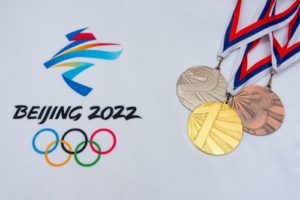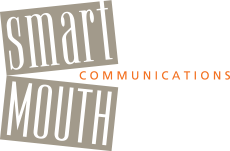 This Olympic year, more than any other, our Team USA athletes are under intense pressure.
This Olympic year, more than any other, our Team USA athletes are under intense pressure.
As if it’s not stressful enough to qualify and make the team ordinarily, members of Team USA have trained, traveled and competed during a global pandemic to earn their spots this year. Then, in preparation for, and while in Beijing, they must adhere to strict Covid protocols, including constant testing, to keep themselves and their teammates and competitors healthy for competition. On top of that, they have the usual random drug testing and, much less usual, their own government is boycotting the Games due to the host country’s human rights violations.
It’s a lot. It’s especially a lot if your sole focus is supposed to be on your sport.
While the athletes are laser-focused on their competitions, as well as on enjoying the Olympic experience, one other pressure is unavoidable: the presence of the media. The media, both print and broadcast, come with the territory of the Olympic Games. And while not every athlete is a draw for the mainstream media, every athlete certainly is a draw for their hometown media at the very least.
The media will be interested to hear everything from the athletes’ feelings about their competitions and venues to how they like the food and everything in between. “Everything in between” is where it can get dicey; for example, at these Games, that could include questions about the U.S. diplomatic boycott, China’s human rights record, the situation with Peng Shuai, or even air quality and environmental concerns. Again, it’s a lot.
So, as you watch the Games this month, and the Paralympic Games next month, enjoy the spectacular athletic feats you see. But also pay attention to the public speaking feats as well. As with any high-profile spokesperson or ambassador, we should be seeing a demonstration of the following 5 principles from Jock Talk in the interviews they give:
Audience-centricity – Are they making it interesting and accessible to the audience, or are they using jargon and making it hard to follow or understand?
Transparency – Are they being as open as possible about, and letting us into, their experience? In other words, are they being as open and sincere about their feelings and emotions as they are about the facts?
Graciousness – Are they taking the high road when asked about a disappointing performance or about their host country? Are they displaying good sportsmanship and are they representing their teams and country well?
Brevity – Are they getting to the point or rambling in their responses to questions? Are they able to end the interview once they’ve said everything they have to say?
Preparedness – Are they prepared to address victory as well as defeat, or do they seem to be caught off guard? Are they consistent in how they present themselves and “on brand” or on point with their responses?
Enjoy watching the Games this month and next and, while you’re at it, learn from these athletes’ performances at the mic. Hopefully, both on and off the field of play, Team USA will inspire us to be better!
- New Agey Advice for Nervousness - November 3, 2022
- Your Passion Can Go a Long Way Toward Building Connection - October 10, 2022
- Keep stage fright a private matter while you’re speaking on a public stage! - August 11, 2022



